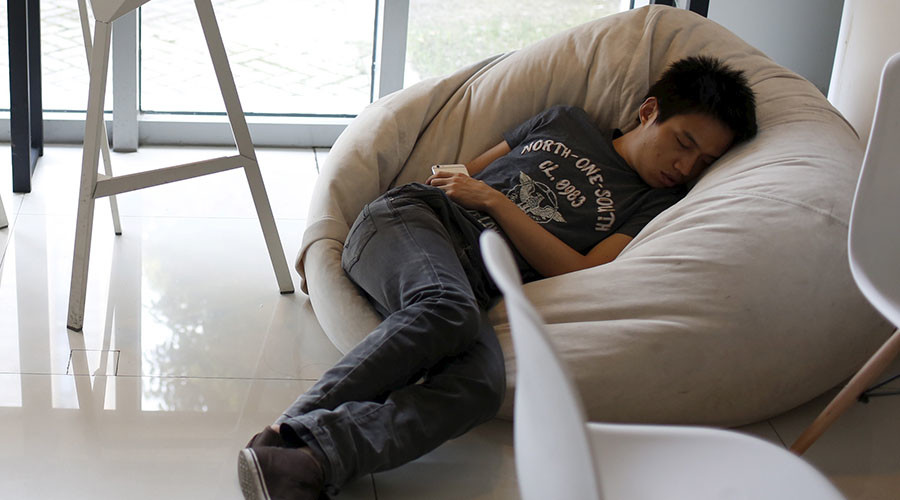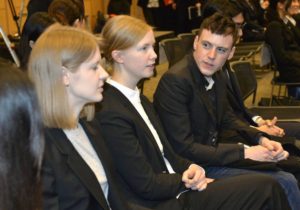
Social pressures are forcing people to cut back on their sleep, contributing to a “global sleep crisis,” according to a new study based on research collected through a smartphone app.
It enabled scientists from the University of Michigan to track sleep patterns around the world — gathering data about how age, gender and the amount of natural light to which people are exposed affect sleep patterns in 100 countries — and better understand how cultural pressures can override biological rhythms.
“The effects of society on sleep remain largely unquantified,” says the study published Friday in the journal Science Advances.“We find that social pressures weaken and/or conceal biological drives in the evening, leading individuals to delay their bedtime and shorten their sleep.”
Lack of sleep is mostly affected by the time people go to bed, the study found.Middle-aged men get the least amount of sleep, less than the recommended seven to eight hours. And age is the main factor determining amount of sleep.
Scientists asked some 6,000 people 15 and older to send anonymous data about sleep, wake-up and lighting environment, enabling the scientists to obtain a large amount of data about sleep patterns worldwide.The app also asks users to input information about their ages, gender, countries and time zones.
I Word Understanding
Global sleep crisis – social pressures are forcing people to cut back on their sleep
Social pressures – is influence a peer group, observers, or an individual exerts that encourages others to change their attitudes, values, or behaviors to conform to those of the influencing group or individual.
Cultural pressures – The social influence a peer group exerts on its individual members, as each member attempts to conform to the expectations of the group.
Override – use one’s authority to reject or cancel
Biological rhythms – is any cyclic change in the level of a bodily. chemical or function
Sleep patterns – a departure or divergence from that which is considered normal.
II Have your say
1. Why global sleep crisis has frightened many countries?
Oversleeping crisis effect
*Sleeping too much can raise depression risk.
*It could impair the brain.
*It can lead to weight gain
Short sleep crisis effect
*A lack of sleep can make you less productive
*Sleep deprivation is hurting your employer — and the economy
*Anxiety, depression, and increased neuroticism
2.Social Pressure Factors
*Low self esteem
*Lack of confidence
*Uncertainty about ones place within a given peer group
*No personal interests exclusive of one’s peer group
*Feeling isolated from peers and/or family
*Poor academic abilities or performance
3.The loss of productivity caused by insomnia is a significant drain on the American business economy, equating to a loss of several thousand dollars per employee per year. When you look at the overall impact of the 23% of Americans who struggle with insomnia, the $63B annual cost is staggering.


